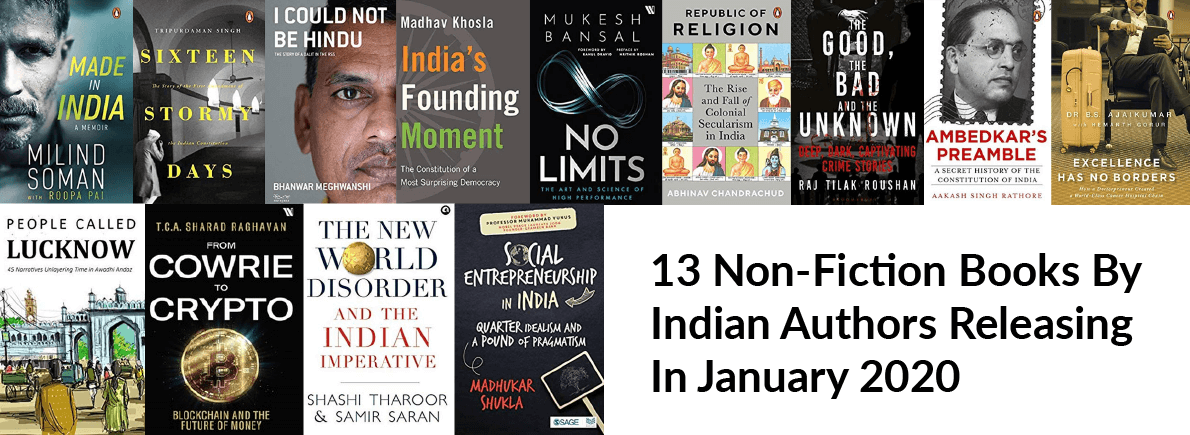
The first month of 2020 promises to be a riot for fans of nonfiction. Want to know where secularism in the Indian Constitution came from? Want to understand the secret history of our Preamble, or why PM Jawaharlal Nehru radically changed the Constitution in a manner that curbed our freedom of speech? Our list of nonfiction books releasing this January has all these answers! Not only that, we also have heartfelt tales from Lucknow, the true story of a Dalit in the RSS and a book that examines the psychology of criminals. We warned you, this month’s books are going to sweep you off your feet!
01
No Limits
Mukesh Bansal
Mukesh Bansal, founder of cure.fit and Myntra, does not believe that good performance is based on genes or luck. He believes that there are ancient tools that can be used to rewire our brain functioning so as to develop new skills and become highly productive– something that science has provento be true. This is a guide for everyone who wants to be the best version of themselves and constantly achieve new heights, using willpower and a dedicated mindset.
Releasing on January 01, 2020. Buy it here.
02
The New World Disorder And The Indian Imperative
Shashi Tharoor & Samir Saran
While this decade of the 21st century comes to an end, the world continues to remain in chaos. The West is sceptical of the East, liberalism is in crisis, Darwinism has created upheaval by guiding important systems of governance, and the world is drifting further apart instead of towards each other. A huge wave of change is coming, and The New World Disorder claims that India has a chance at shaping the future. With its expansive geographical size, imperative stakes in important world organisations, and constitutional democracy, India has a huge role to play in the new world.
Releasing on January 05, 2020. Buy it here.
03
Social Entrepreneurship In India: Quarter Idealism And A Pound Of Pragmatism
Madhukar Shukla
India is fast becoming a centre for social entrepreneurship and business strategies, through which individuals are striving to solve our social, cultural and environmental problems. Social Entrepreneurship In India uses real-life examples of such successful ventures, gives us an insight into the minds of creative entrepreneurs, and tips on how to build similarly successful models and how to reach each and every corner of the country using those methods. For every businessperson looking for advice on social entrepreneurship, this is where your search ends.
Releasing on January 15, 2020. Buy it here.
04
India’s Founding Moment: The Constitution Of A Most Surprising Democracy
Madhav Khosla
The British rule did its best to ensure India’s continuing poverty and to hinder our socio-economic development. It was a huge challenge to incorporate democracy when the nation was in such a state. India’s Founding Moment explores how our leaders used a variety of means to develop our Constitution. They wrote the Constitution in such a way that the problems of democracy could be solved efficiently despite poverty, economic and social conditions, and caste and religion-based traditions. This book also acts as a reference for those nations who regained their freedom and brought in democracy simultaneously, just like India.
Releasing on January 15, 2020. Buy it here.
05
I Could Not Be Hindu: The Story Of A Dalit In The RSS
Bhanwar Meghwanshi, Nivedita Menon (Tr.)
Bhanwar Meghwanshi joined the RSS at the young age of 13. He rose within the ranks, despite being a Dalit, and gained the post of the district chief officer of Bhilwara. He lived and breathed Hindutva, and hated Muslims without having met any. He mocked the political leader by calling him ‘Mulla-Yam’ Singh, participated in riots and went to jail. Yet, as a Dalit, he remains a ‘lesser’ Hindu. In this trailblazing memoir, translated into English for the first time, a staunch Hindutva devotee talks about why he became an Ambedkarite and made it his mission to expose the façade of Hindutva.
Releasing on January 16, 2020. Buy it here.
06
Sixteen Stormy Days: The Story Of The First Amendment Of The Constitution Of India
Tripurdaman Singh
The Indian Constitution finally came into being in 1950 following three years of debate, yet it was radically changed in June 1951 after a mere 16-day debate. What was the reason for such an extreme change, given that it curbed most of the liberal rights mentioned in the Constitution? The First Amendment restricted freedom of speech, gave permission for caste-based reservation and made a special provision for unconstitutional laws that were above any judicial interference. PM Jawaharlal Nehru made radical changes to the Constitution, leading to a huge divide between what was promised to the people, and what we actually received. This is one book that should definitely be on your TBR list.
Releasing on January 17, 2020. Buy it here.
07
The Good, The Bad And The Unknown: Deep, Dark And Captivating Crime Stories From India
Raj Tilak Roushan
What goes on in the minds of criminals and police officers? What conditions make a person take up a life of crime? A collection of short stories, The Good, The Bad And The Unknown takes the reader on a journey through the minds of such people, and attempts to uncover the layer of personalities hidden beneath. Each story tries to portray various versions of the truth, of the many kinds of behaviour, and unravels emotions across a number of characters. This book is a must-read for fans of criminal psychology and mystery.
Releasing on January 18, 2020. Buy it here.
08
Ambedkar’s Preamble: A Secret History Of The Constitution Of India
Aakash Singh Rathore
January 26, 1950 was a historic date for India. This was the date when the Constitution came into effect. Its brief preamble showcased the values on which our Constitution and democracy was based on – justice, liberty, equality, fraternity, dignity and nation. In Ambedkar’s Preamble, the author seeks to establish the authorship of the Preamble with Ambedkar, rather than B. N. Rau, who was supposed to have penned it. Using Ambedkar’s writings and speeches, Aakash Singh Rathore wants to show how the concepts in the preamble have their roots in Ambedkar’s work.
Releasing on January 20, 2020. Buy it here.
09
From Cowrie To Crypto: Blockchain And The Future Of Money
T.C.A. Sharad Raghavan
Even though cryptocurrencies are used instead of regular currency nowadays and are considered to bea great investment opportunity, not much is known about this exciting field. Cryptocurrencies are based on a ledger called blockchain, and its application has diverse uses, from banking to telecom industries. This gripping book explains the myths surrounding blockchain, how it could revolutionise the finance world, and the best way to manage it.
Releasing on January 20, 2020. Buy it here.
10
Excellence Has No Borders: How A Doctorpreneur Created A World-Class Cancer Hospital Chain
B.S. Ajaikumar
Dr. B.S. Ajaikumar, an oncologist and an entrepreneur, started one of the biggest chains of cancer hospitals across the nation. But his journey has not been an easy one. This book tells us what it takes to become a successful businessperson and the challenges faced bya ‘doctorpreneur’. For those searching for some inspiration, look no further than this doctor who, against all adversities, achieved impossible heights.
Releasing on January 21, 2020. Buy it here.
11
Republic Of Religion: The Rise And Fall Of Colonial Secularism In India
Abhinav Chandrachud
Many of India’s laws are based on the laws of the English, who ruled over us for over 150 years. Our parliamentary democracy and many of the phrases used in our courts are also derived from England. But, during its colonial rule, England was not a secular country. Their royalty needed to be Protestant, the Archbishop of Canterbury is appointed by the government, and bishops still sit in the House of Lords. So, where did India’s secularism come from? Abhinav Chandrachud’s book maintains that it was an atypical and forceful imposition by the colonial powers. The author argues why secularism was bound to collapse once colonial rule came to an end. This book is a must read on the topic of secularism in India, especially in the wake of the CAA,.
Releasing on January 22, 2020. Buy it here.
12
Made In India: A Memoir
Milind Soman & Roopa Pai
Over the course of one lifetime, Milind Soman has achieved what others can only dream of. He has worn multiple hats – those of a swimmer, a supermodel, an actor, a sportsperson, a women’s fitness enthusiast, and now, a writer. Made In India gives us an insight into what makes this man, the heartthrob of 90’s India, so famous. Soman talks about his life, his relationships, the controversies, his path to breaking all bad habits in this heartfelt memoir.
Releasing on January 23, 2020. Buy it here.
13
People Called Lucknow: 45 Narratives Unlayering Time In Awadhi Andaz
Jyotsna Kaur Habibullah & Siddharth Srivastava
Lucknow is globally recognised as a city of propriety, great food, culture, architecture, literature and music. But contemporary times have seen the rise of a new Lucknow – one that is a combination of rich heritage and fresh dreams. With 45 stories from 44 authors who are absolutely in love with the city, People Called Lucknow is a keepsake for many. With unforgettable stories about the famed forgotten queen of Awadh, to the city’s famed host Farid Faridi, this book is a must-read.
Releasing on January 30, 2020. Buy it here.
Disclaimer: Some of these books were previously available on Kindle or as international editions which were available for import. This list features Indian editions of these books, which tend to be more affordable. The information featured here is accurate as of December 31, 2019.


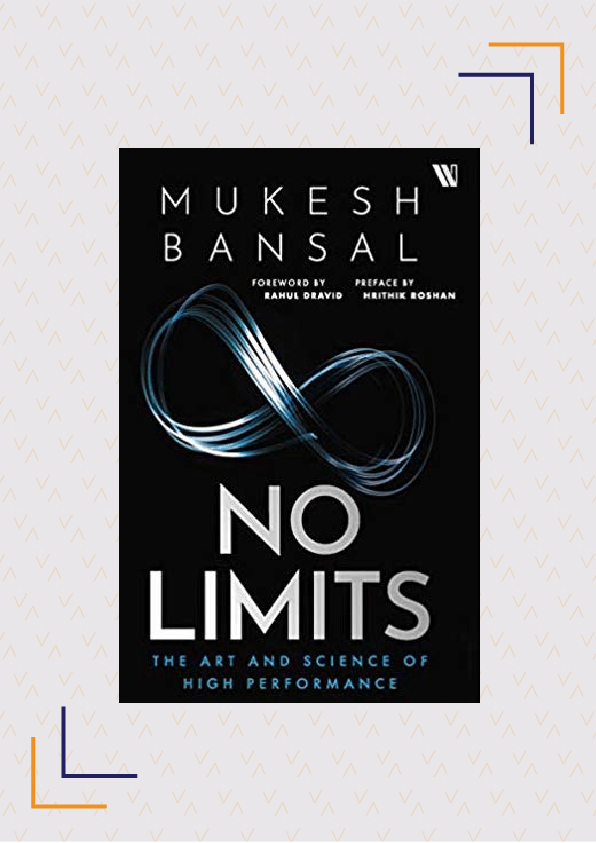
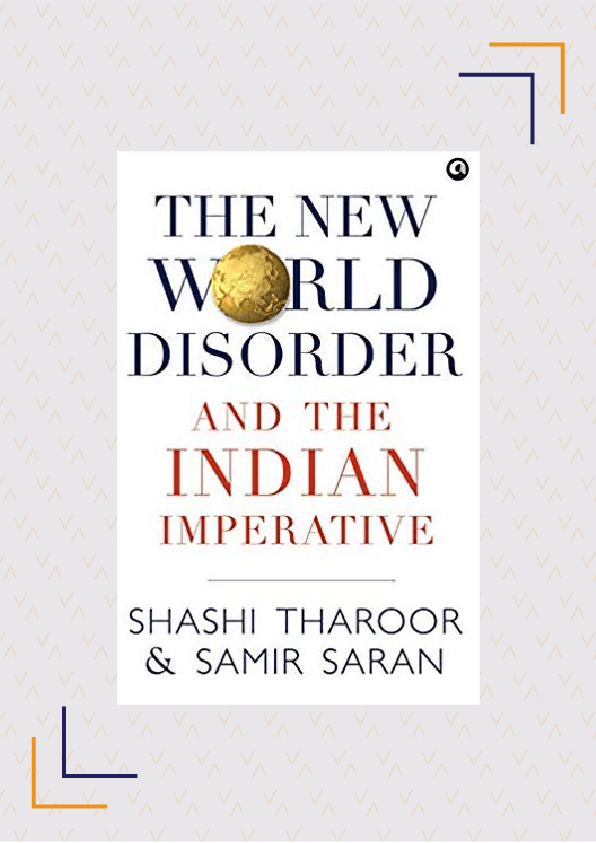
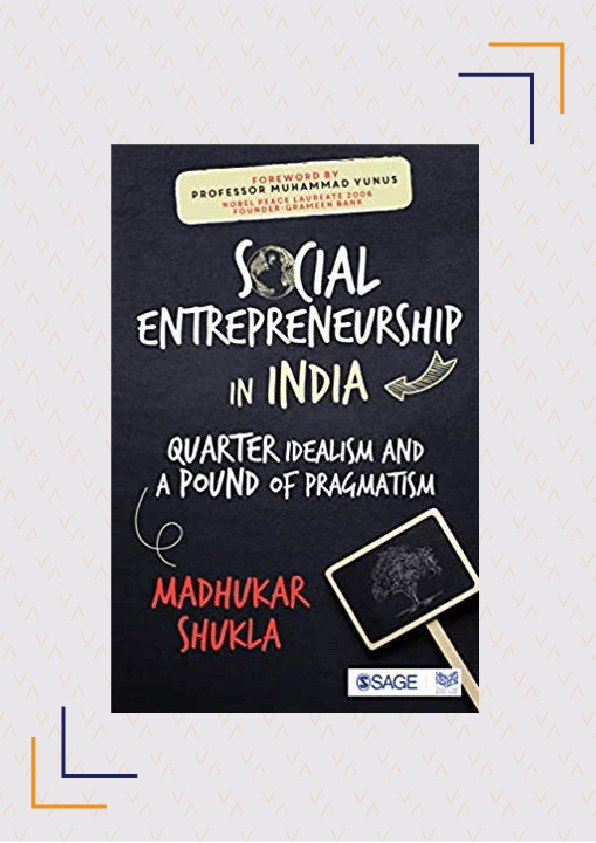
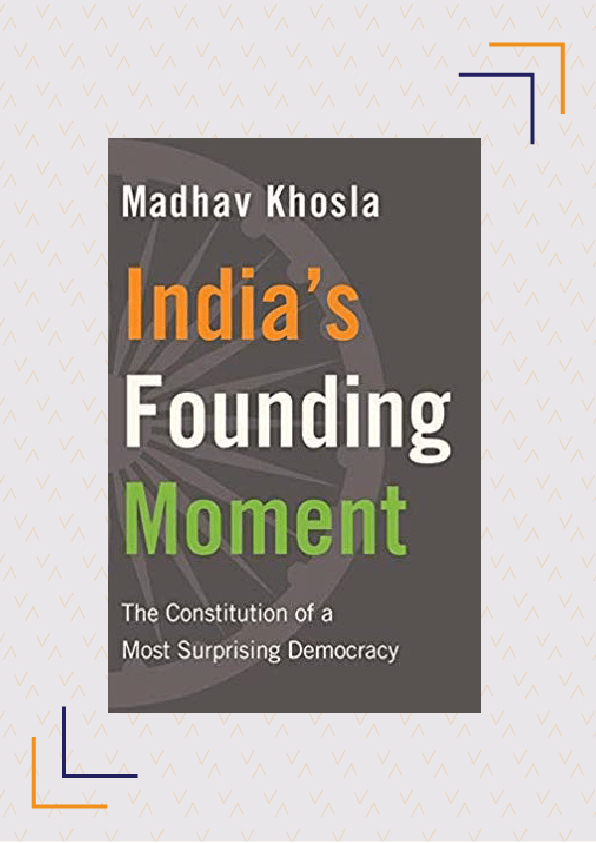
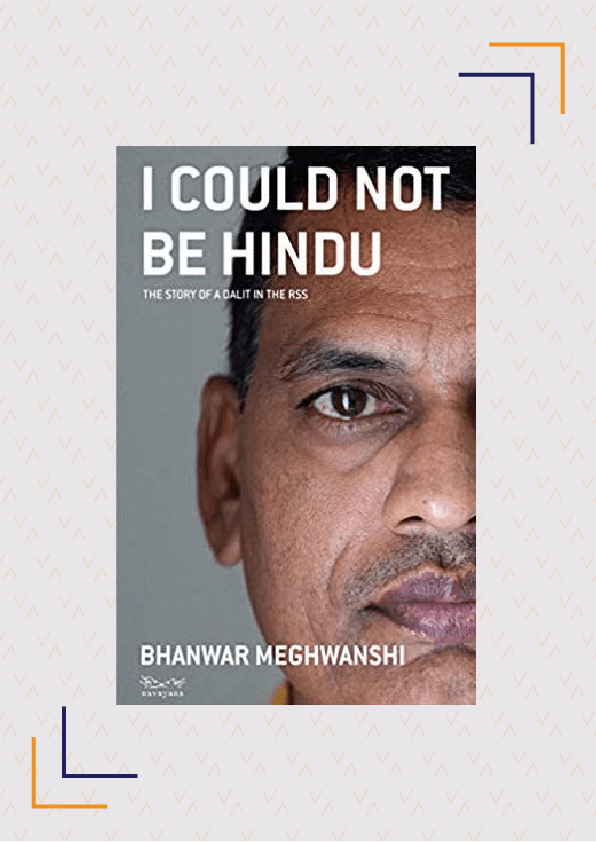
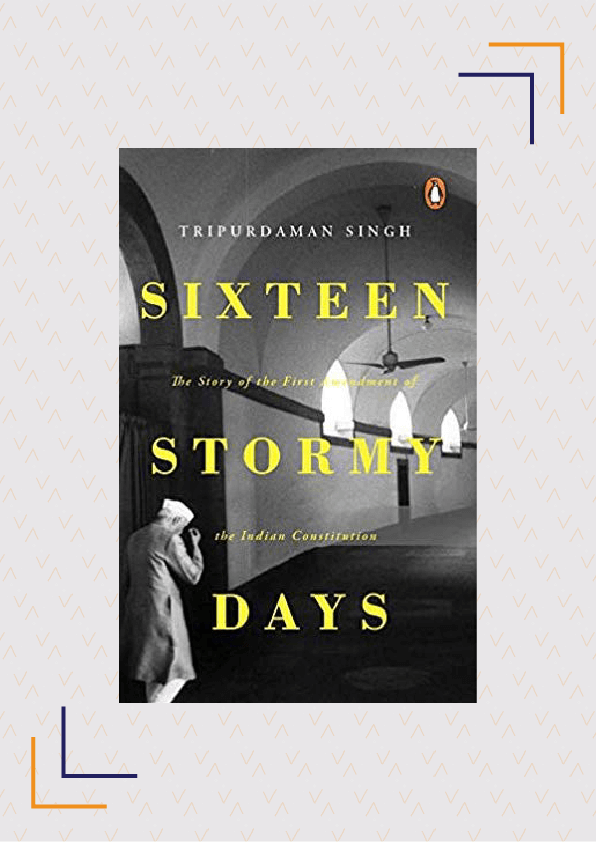
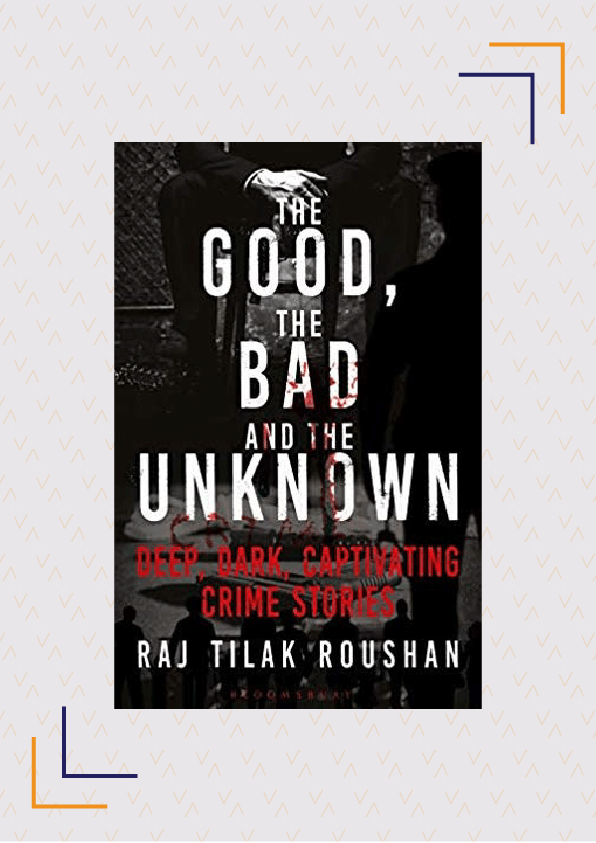
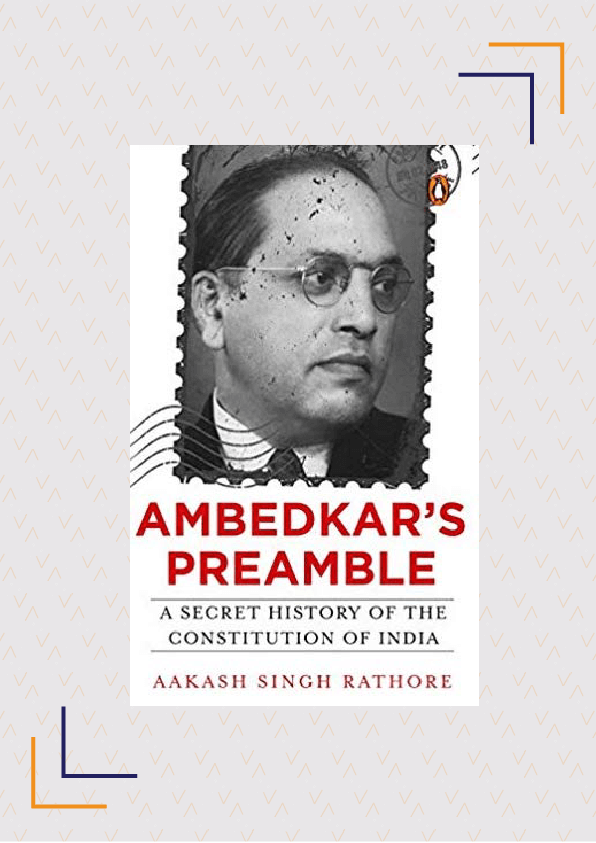
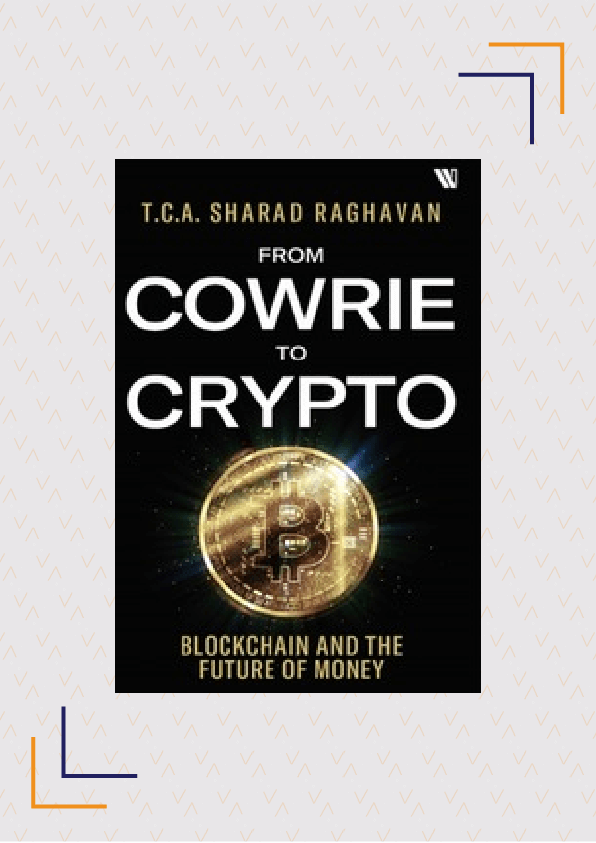
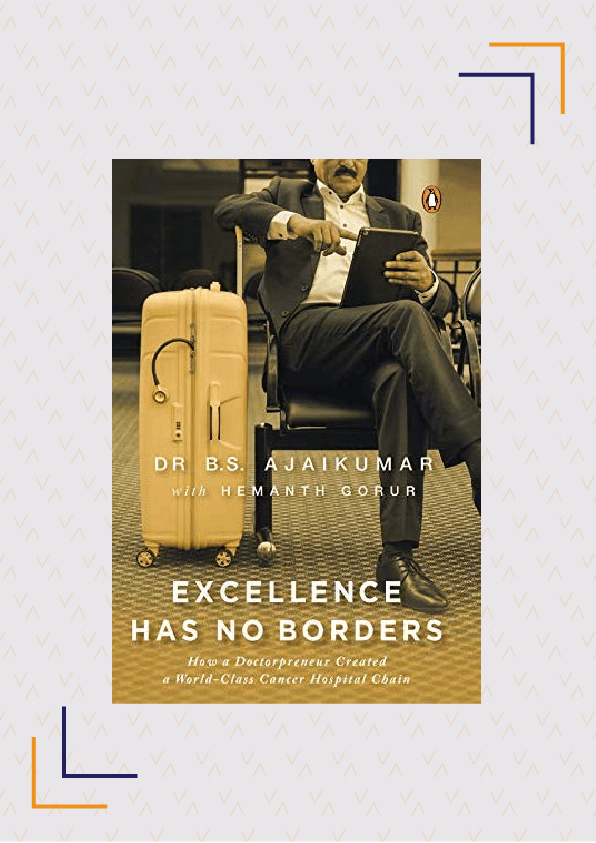
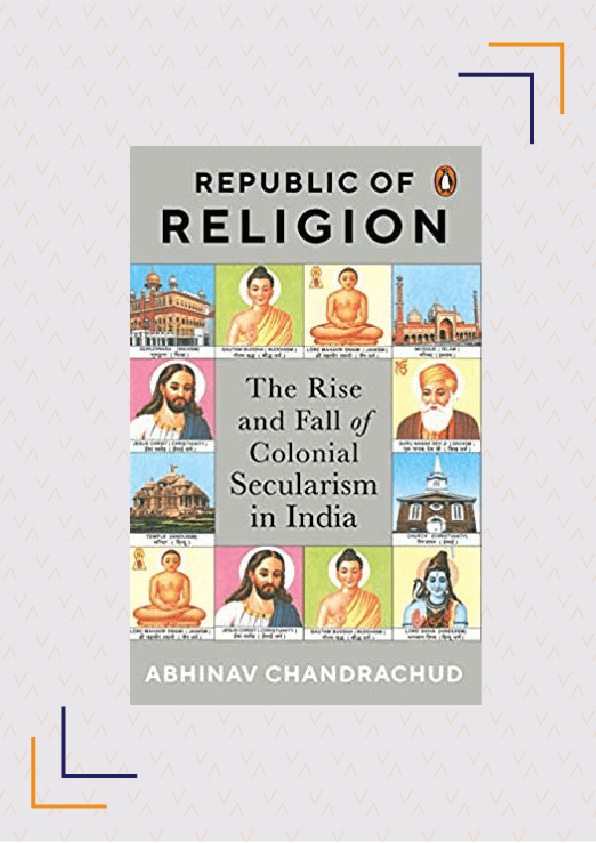
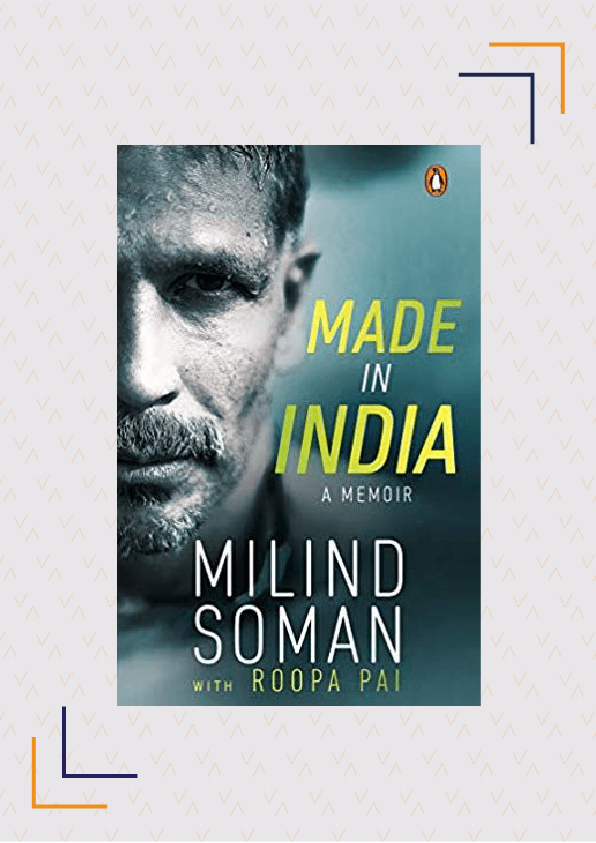
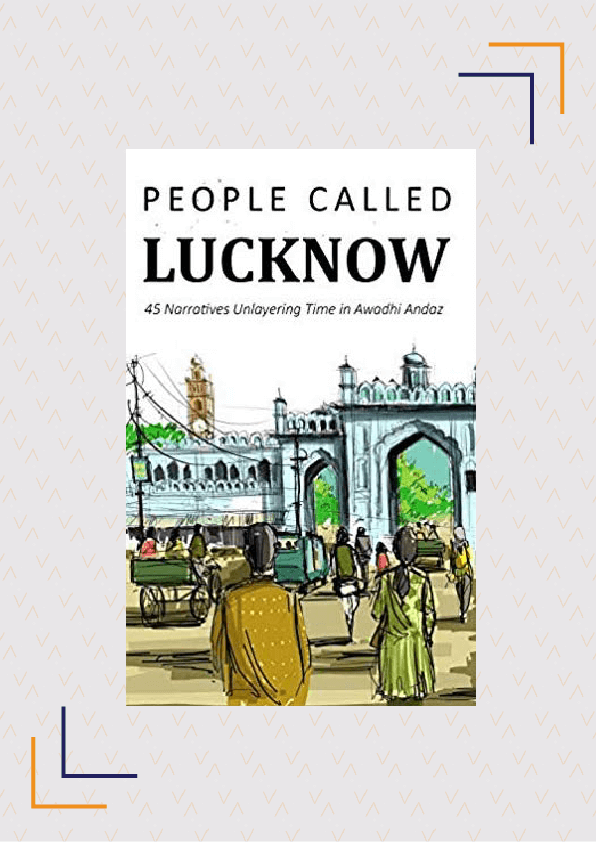

Check your inbox to confirm your subscription
We hate spam as much as you hate spoilers!